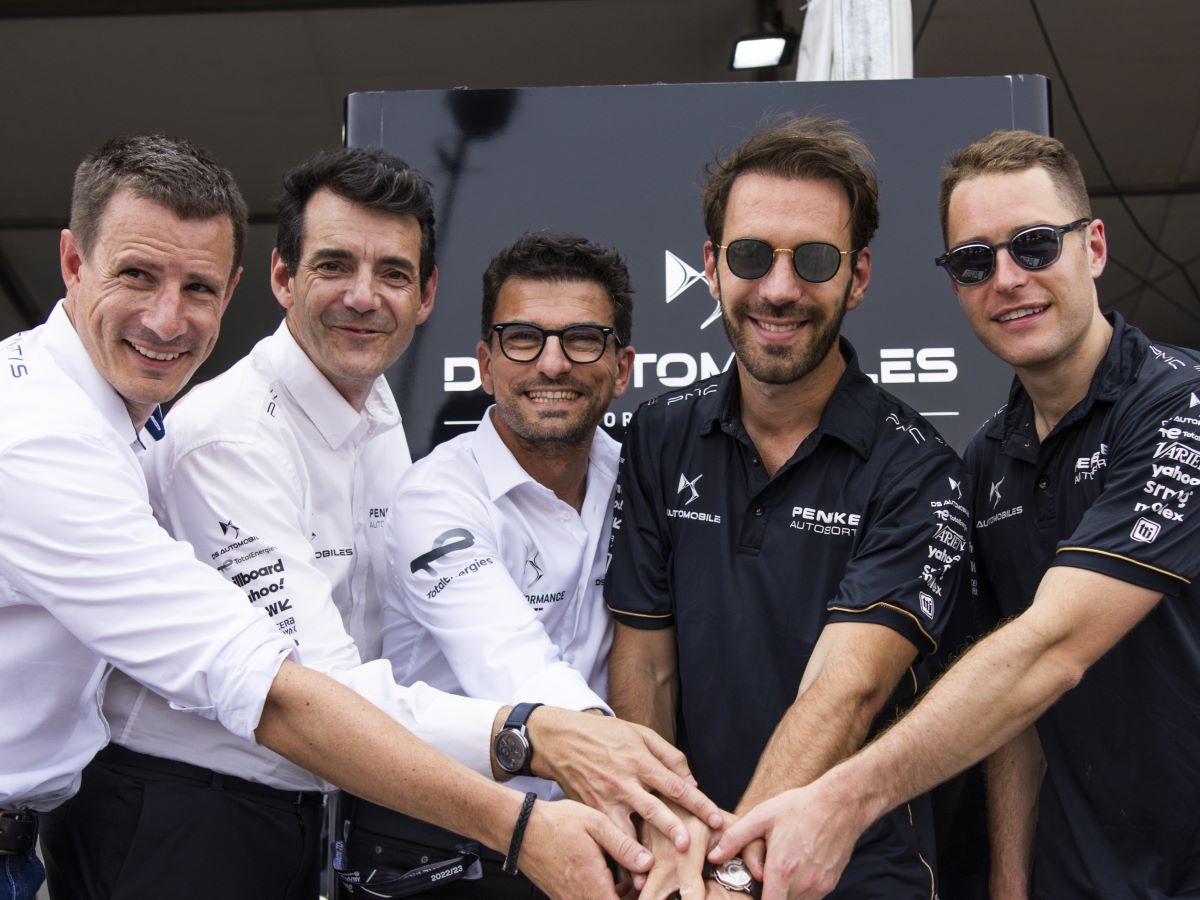DS Penske Hit With Record-Breaking Fine

DS Penske, who have admittedly struggled this year in Formula E, recently made headlines for all the wrong reasons. The team has been hit with a record-breaking fine of €25,000, the largest ever in Formula E history, for engaging in cheating tactics. While the penalty has certainly sent shockwaves through the motorsport community, many believe that the punishment should have been more severe given the nature of the offense.
The controversy surrounding DS Penske unfolded during the Portland E-Prix, where their drivers Jean-Eric Vergne and Stoffel Vandoorne were forced to start from the pitlane. Despite their best efforts, both drivers finished outside the points, failing to make any significant impact on the race. However, it is the underlying actions that have raised eyebrows and left a bitter taste in the mouths of motorsport enthusiasts.
The team was found guilty of illegally installing Radio Frequency Identification (RFID) scanning equipment in the pitlane entry prior to the second free practice session. Initially, it was believed that this equipment was capable of collecting live data concerning the tires fitted by scanning the barcodes. However, this sentence was later removed from an amended version of the penalty notice. Regardless, the act was deemed a clear violation, as competitors are strictly prohibited from placing any equipment in the pitlane.

The repercussions of DS Penske’s actions were not taken lightly by the sport’s governing body, the FIA. In a penalty bulletin, it was stated that the collection of data through such means provided the team with an unfair advantage, a sentiment echoed by senior team officials from rival teams who described the offense as “out and out cheating.” The severity of the punishment was evident, but many argue that it still falls short of the mark.
The monitoring of tires has become a crucial aspect of the championship, especially with the introduction of the durable Hankook rubber. In an attempt to maintain fairness, the FIA has issued several amendments to sporting regulations regarding the handling and placement of tires in and around pit boxes. The goal is to prevent teams from gaining an advantage by cooling or preparing the tires using unauthorized methods.
While some teams rely on photography to track their competitors’ setup, tire usage, and other key information, DS Penske took things a step further by surreptitiously installing scanning equipment. This move was not only against the rules but also an affront to the spirit of fair play that should prevail in any sport.
Considering the significance of the offense and the potential impact it could have had on the race, many feel that the punishment should have been more severe. A mere €25,000 fine might not be enough to deter teams from engaging in similar acts of cheating in the future. Stricter penalties, such as disqualification from the race or even a points deduction, could have sent a stronger message and acted as a deterrent for other teams contemplating unfair tactics.


















